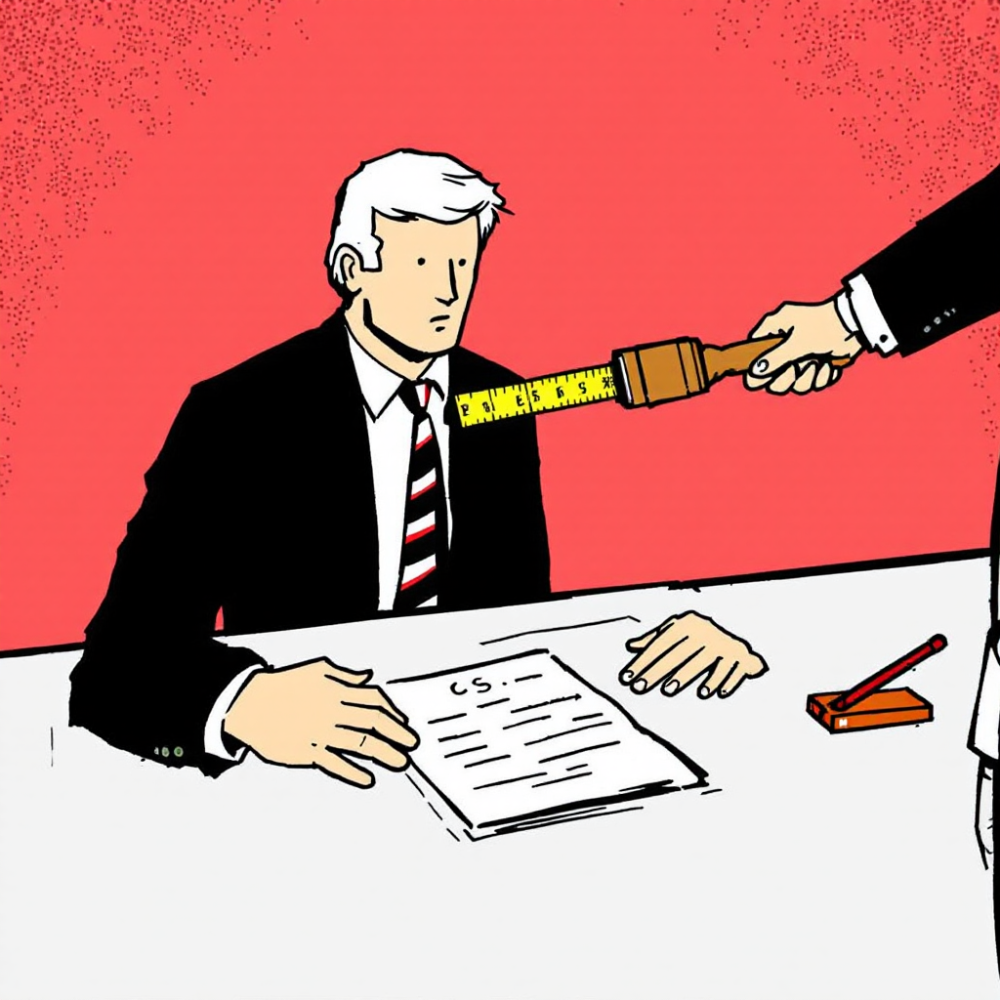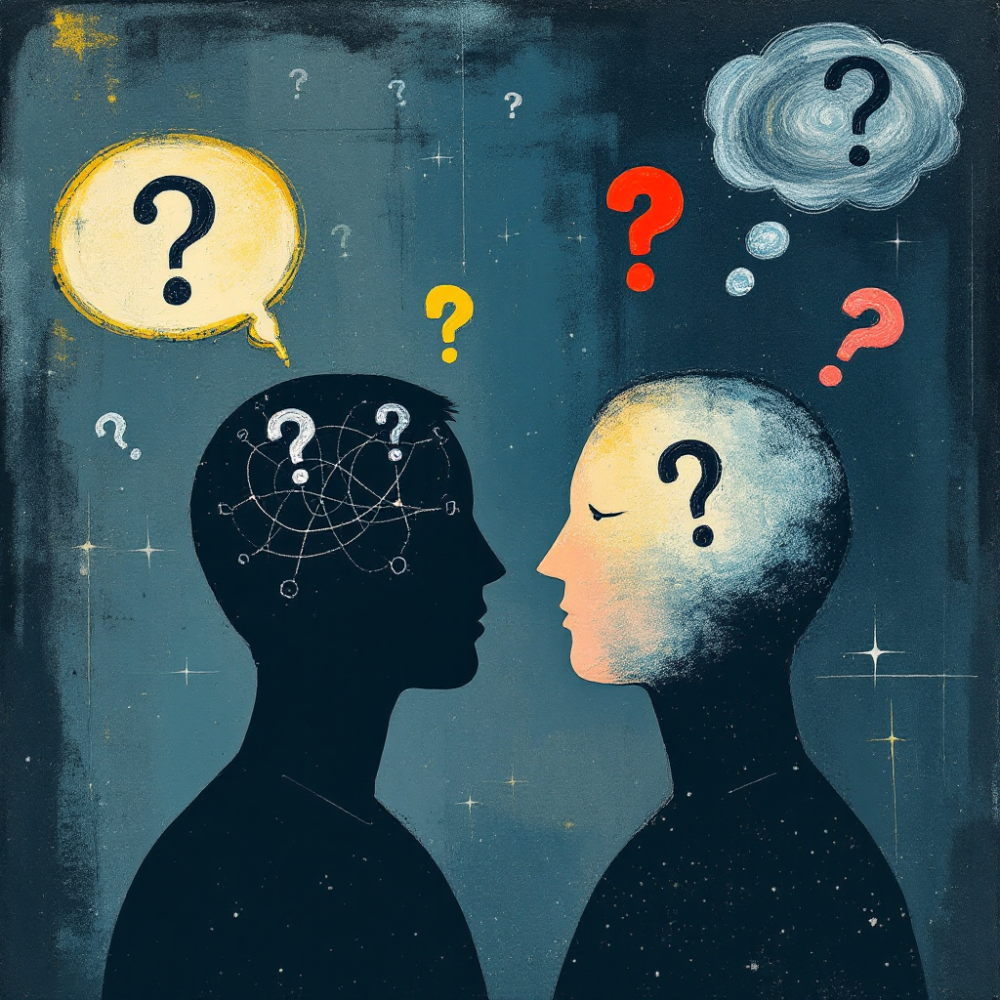A Cognitive Bias We All Share
Today, we’re exploring the Fundamental Attribution Error (FAE), a cognitive bias that influences how we perceive others’ actions.
The Fundamental Attribution Error (FAE) is a pervasive and universal phenomenon affecting everyone. It’s deeply ingrained in our cognitive processing, constantly influencing how we perceive and interpret the actions of others.
This bias stems from our tendency to make sense of the world by attributing causes to events. When understanding people’s behaviour, we instinctively favour dispositional explanations that point to personal characteristics over situational ones. This happens even when we have acted similarly in the past due to external circumstances. The FAE is constantly at work, subtly shaping our judgments and interactions, often without our conscious awareness. It’s a testament to the complexity of our cognitive processes and the challenges we face in striving for objective understanding.

What is the Fundamental Attribution Error?
The Fundamental Attribution Error is a cognitive bias where we overemphasise personal characteristics and ignore situational factors when judging others’ behaviour. In other words, we’re quick to blame people’s actions on their personality or character while underestimating the role that external circumstances may play.
For example, if someone cuts you off in traffic, you might immediately label them as a reckless driver or an inconsiderate person. However, you’re less likely to consider situational factors, such as they might be rushing to the hospital or late for an important meeting.

The Impact of FAE in Business
In the business, the Fundamental Attribution Error can have significant implications. It can lead to misjudgments about employees’ performance, create unnecessary conflicts, and hinder effective communication.
For instance, if an employee misses a deadline, a manager might quickly attribute this to laziness or incompetence, overlooking potential situational factors like an unrealistic workload or personal issues.
Understanding and recognising FAE can help leaders and employees foster a more empathetic workplace environment.

A Hypothetical Example of Fundamental Attribution Error (FAE) in Business
Consider the case of a software development team in a tech company. The team was working on a critical project with a tight deadline. One of the team members, let’s call him John, was consistently late in delivering his tasks. Instead of investigating John’s delays, the leader quickly attributed his behaviour to laziness and incompetence. This led to tension within the team, and John was eventually let go.
After John’s departure, the team struggled to meet deadlines and even fell further behind due to the loss of a contributor. It was then discovered that the project’s scope was unrealistic, and the team was understaffed.
The team leader’s Fundamental Attribution Error led to the unfair dismissal of John and failed to address the real issues, causing further delays and damaging team morale.

Consequences of FAE
This example illustrates how FAE can lead to misjudgments and poor decision-making in a business context, with significant negative consequences. The team leader’s hasty attribution of John’s performance issues to personal characteristics rather than situational factors resulted in:
- Unfair treatment of an employee: John was dismissed based on an incorrect assumption about his work ethic.
- Failure to identify and address the real problem: The team struggled due to an unrealistic project scope and insufficient resources, not because of one individual’s performance.
- Damage to team morale and productivity: The dismissal of John and the ongoing struggles with the project likely hurt the morale and productivity of the remaining team members.
The Fundamental Attribution Error can have serious negative consequences in a business or team setting, leading to poor decision-making, unfair treatment of individuals, and a failure to correctly identify and address problems.

Overcoming the Fundamental Attribution Error
Recognising that we’re all prone to the Fundamental Attribution Error is the first step towards overcoming it. Here are a few strategies to help you keep this bias in check:
- Pause and Reflect: Before jumping to conclusions about someone’s behaviour, take a moment to consider possible situational factors.
- Empathy: Try to put yourself in the other person’s shoes. This can help you understand their perspective and the potential reasons for their behaviour.
- Ask Questions: If you’re unsure why someone acted a certain way, ask them. Open communication can help clarify misunderstandings and assumptions.

Steps you can take to change your thinking and world in a positive direction
Understanding cognitive biases like the Fundamental Attribution Error can significantly improve your interactions and relationships personally and professionally. We can make more informed and fair judgments about others’ behaviour by recognising these biases.
So, the next time you find yourself quick to judge someone’s actions, remember the Fundamental Attribution Error. Consider the situational factors that might be at play. It’s a small step that can lead to a more understanding and empathetic world.
Now, I’d love to hear from you.
Have you noticed the Fundamental Attribution Error in your thinking?
How has it impacted your relationships or decision-making?
Let’s continue the conversation in the comments below.